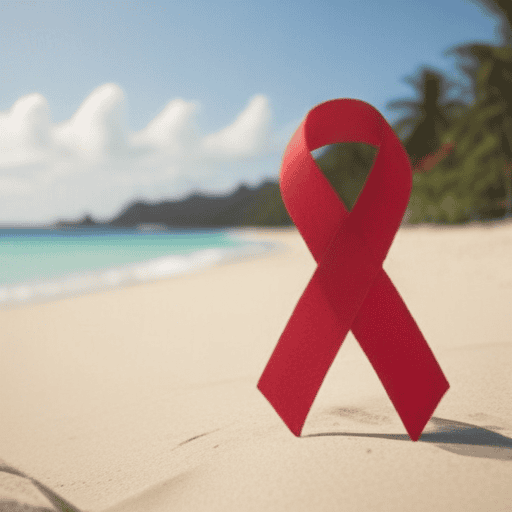Amid a concerning rise in HIV cases across Fiji, the Ministry of Health is reinforcing its commitment to support those affected by the virus. Health Minister Dr. Ratu Atonio Lalabalavu delivered a message of reassurance, indicating that the government is prepared to confront this escalating health crisis.
Recent data shows alarming increases in HIV cases nationwide, with the Central Division reporting the highest count of 766 cases, followed by the Western Division at 292, the Northern Division at 33, and the Eastern Division at just two. Additionally, there has been a significant uptick in HIV-related deaths, with 115 fatalities recorded between January and September of the previous year, prompting the ministry to declare a national HIV outbreak.
Dr. Lalabalavu noted that out of these deaths, 34 were newly diagnosed within the last year, highlighting the urgency of the situation. In response, the Ministry of Health has launched the HIV Surge Strategy 2024-2027, which aims to establish a sustainable approach to combat the epidemic. This strategy focuses on prevention, diagnostics, treatment, and care, aligning with the recent Political Declaration on HIV and AIDS in 2021.
The minister emphasized that collaboration is crucial, calling for support from all Fijians to effectively tackle what could become not just a health issue, but also an economic and developmental challenge. He expressed confidence in the community’s ability to reshape the future of HIV and AIDS in Fiji and the broader Pacific region.
Dr. Lalabalavu’s message is especially pertinent against the backdrop of previous concerns raised about the number of undiagnosed HIV cases in Fiji. Estimates from UNAIDS suggest around 2,000 individuals live with HIV, but many remain unaware of their status. Currently, only 1,049 individuals are receiving treatment, leaving nearly half undiagnosed or disengaged from care. With AIDS-related deaths projected to rise, particularly among youth engaging in high-risk behaviors, the urgency of increased testing and awareness becomes paramount.
This comprehensive approach underscores the importance of dispelling myths about HIV. The minister reassured the public that HIV is a manageable condition with proper treatment, encouraging a community-driven effort toward achieving zero new infections and zero discrimination.
In conclusion, while the statistics present a troubling picture, the proactive measures being taken by the Ministry of Health and the emphasis on community engagement offer a hopeful path forward. Together, with heightened awareness and collaboration, there is potential for substantial improvement in the management and treatment of HIV in Fiji.

Leave a comment